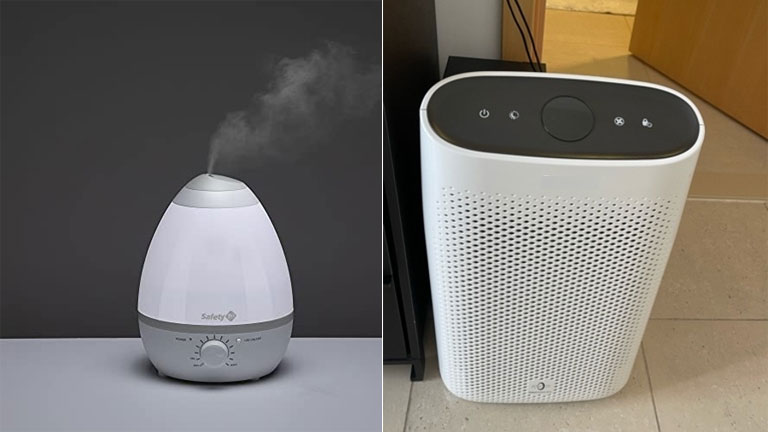 A lot of people today prefer reverse osmosis filters than other types of filtration systems. Reverse osmosis is an effective way to remove unwanted minerals and other impurities in our drinking water. If you’re in the market for the best reverse osmosis water filter, consider several important factors other than the price.
A lot of people today prefer reverse osmosis filters than other types of filtration systems. Reverse osmosis is an effective way to remove unwanted minerals and other impurities in our drinking water. If you’re in the market for the best reverse osmosis water filter, consider several important factors other than the price.
Here are Things to Consider When Buying RO Water Filter:
The Size of the RO Filter
Depending on the manufacturer, the size of the RO unit will be different. Some will be bigger than the others, and there will be designs that will be more compact with a smaller footprint.
If you’re looking for space-saving options, you might want to go for an under-counter RO filter model, but it will require some DIY skills to install. If you have some spare area, then a countertop model will be ideal, but it tends to occupy space—not suitable for crowded kitchens.
TIP: measure the amount of space you have available before deciding the type of RO filter you want to get. Check the dimensions of the filter in the product description and see if it fits in the space you have available in your kitchen.
Amount of Water to Filter
If your household is relatively smaller (e.g., less than five people in the house), then maybe a 50 gallon capacity for an RO filter will be just right. The more people you have in the home, the larger the capacity is necessary.
Ease of Installation
A countertop reverse osmosis water filter is easier to install than an under-counter model. A countertop RO system will only require you to position your filter system, plug the necessary tubes into the faucet, and then you’re off.
However, an under-counter reverse osmosis water filter will require some ‘under the sink’ work. And that will mean you have to call for professional help to get it installed. The manufacturer may send you one of their staff to help you install the unit, but you may have to pay for the extra service.
How Much WasteWater is Created?
One of the downsides of a reverse osmosis water filter is that it creates water waste when it filters water. The amount of water waste will vary from one model to the next. It can range anywhere from 5% to 15% of the water input.
That means you may produce 5 gallons of wastewater for every 100 gallons you filter. Make sure to check the specs of the RO unit and the potential cost in your water bill for the amount of wastewater the filter produces.
Effectiveness
Check the different customer reviews of the RO filter before you buy one. This is a good way to determine the effectiveness of the product in question.
Unit Lifespan
When we say unit lifespan, we’re not just referring to the warranty on the reverse osmosis filter itself. Remember, some manufacturers can offer extended or more comprehensive warranties than others.
Apart from that, check the usable life of the filter. Some filters are built to last longer than others. Note, however, that the pricier ones tend to last longer than the more budget-friendly options.




